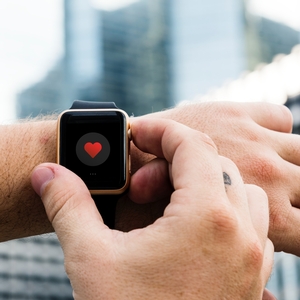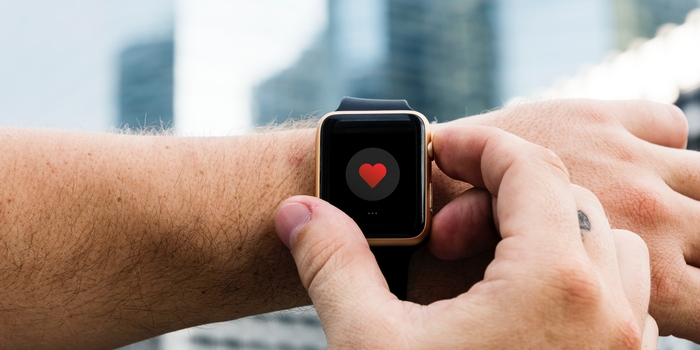Young at Heart
![]()
![]()
February 1, 2019
The majority of New Year’s resolutions involve health and lifestyle improvements. We promise to eat better, exercise more and maintain a work-life balance. As you begin to focus more deeply on your health and fitness, it might be the perfect time to plan a visit with your neighborhood cardiologist.
Here are 5 things to consider before your first visit to a cardiologist from Dr. Alexander Gorodnitskiy from Lenox Health Greenwich Village.
- Visit your primary care doctor first. While seeing two doctors may seem inefficient, your visit with a cardiologist will be more productive if you get your physical first. Primary care well visits or physicals are generally covered and routinely encouraged by health insurances. In addition, blood work obtained during your physical are comprehensive and helpful. You will also have the benefit of discussing if your plan of checking your heart with a specialist is a good idea based on the findings and symptoms.
- Know your history. Family history is an important part of any doctor visit. With cardiac health, it is important to know if any of your relatives had heart attacks or needed surgery. The age of the initial episode is important as well. Having a list of your medications and reports of previous testing can be helpful. In particular, records of any recent hospitalizations are of value. Being prepared is important.
- Have an objective. A key reason to meet with a heart doctor is if you have a set of specific cardiac issues that you would like to address. There are a number of possible questions. If you are having symptoms such as chest pain, shortness of breath or palpitations, it is valuable to note their duration, worsening or alleviating factors and any associated complains. If you have a condition such as high blood pressure or high cholesterol, it is important to know their extent and management so far.
- Do your homework. We often consult the internet with our pressing health needs. Unfortunately, the amount of information can be a bit overwhelming and fuel some of our worst fears and anxieties. If you are consulting “Doctor Google,” make sure that the websites you are reading are from established academic institutions. If you find yourself being offered services or goods that seem a little too good to be true, take a step back and reconsider. While an online search might be helpful, consider limiting it to specific questions while remaining cautious of experimental or unconventional therapies.
- Be prepared for possible testing. The focus of most consultations with a heart doctor is to explore if your heart or blood vessels are healthy. A test such as an ultrasound of your heart or a stress test may be considered. When considering testing, it is important to discuss with your doctor what the test entails, possible risks and alternatives. Cost of testing is important as well. It is reasonable to ask if the test is covered by your insurance. Most institutions and private practices have a system in place to make sure that the testing is covered.
In summary, a visit with a heart doctor can be helpful if you are well-prepared, open-minded and have a specific set of questions in mind. Hopefully, the visit will be pleasant and alleviate your concerns as you are making progress with New Year’s resolutions.
Interested in learning more about Heart Health from Dr. Gorodnitskiy? He will be at our Chelsea club for a workshop on February 28. Learn more here.

